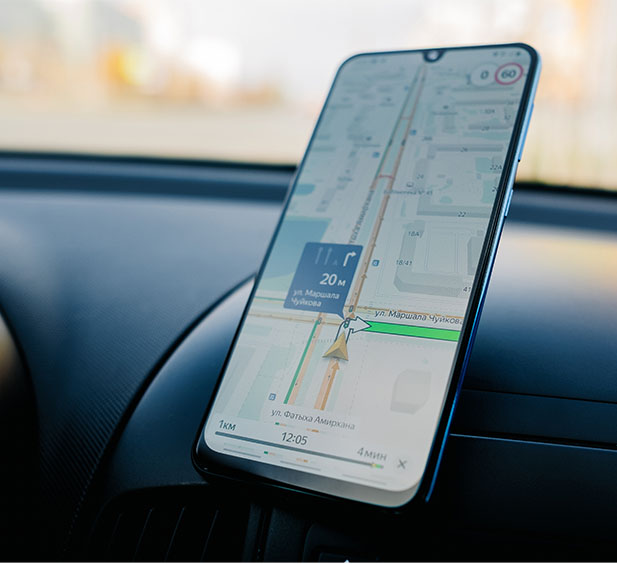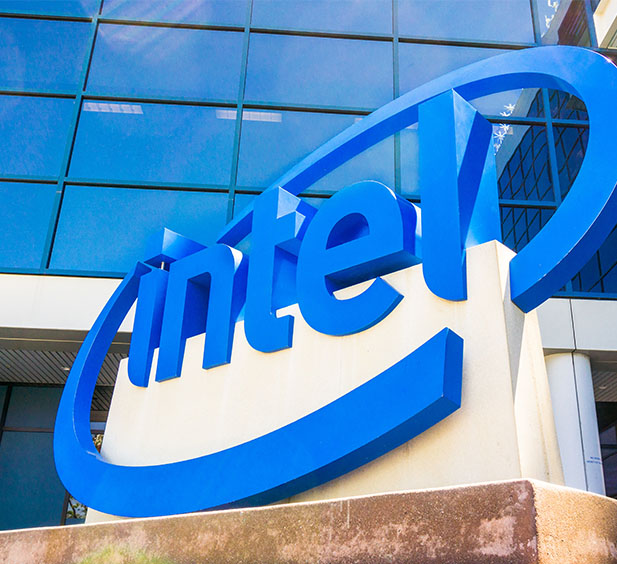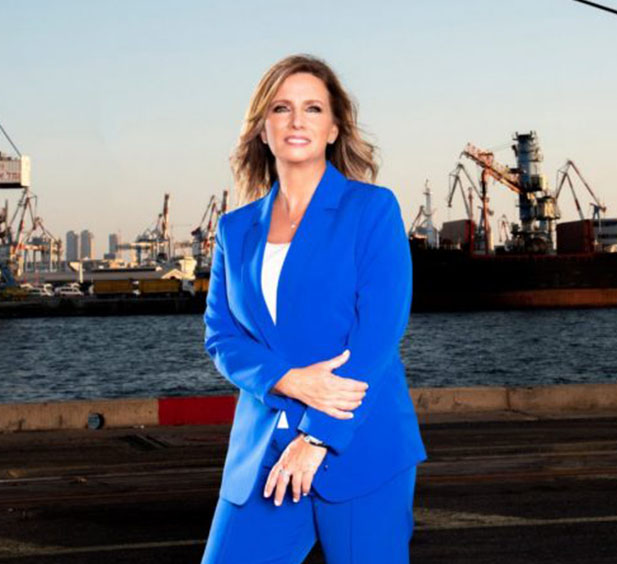Yuval (Fej) Shmuelevitz, Senior Vice President at Waze: “Our marketing activities have been viral on social networks, in collaborations, and dozens of meetings a year with user representatives worldwide.” | Galit Shafir
The year 2012 was the most significant for Waze, which was then already active for four years, with millions of users worldwide. After a long period of rumors, Apple announced its new navigation services that would compete with Google, and about 100 million people already joined the new software. In light of these developments, a severe concern arose among the founders of Waze regarding the company’s future. However, three months later, a drastic, unexpected turn occurred: a line of failures in the Apple services has led Apple CEO Tim Cook to publish a letter of apology and recommend using alternative services – including the Waze app.
“As soon as Apple’s CEO recommended Waze in the same list as Microsoft (BING app) and AOL (MapQuest app) – we realized we did it,” says Yuval (Fej) Shmuelevitz, Senior Vice President of Waze, who has been with the company from its first days.
Only seven years have passed from the moment Ehud Shabtai founded the venture for mapping Israel in his house until Google purchased the company for over one billion dollars – the highest amount ever paid until then to acquire a company developing a mobile app. The interview with Shmuelevitz takes place several days after his return from meeting the user community representatives in East Asia countries (Thailand, Malaysia, Indonesia, Singapore, and others).
It wasn’t an unusual meeting, but rather a part of the company’s policy that organizes and supports about 60 meetings of this kind worldwide every year. The company also produces a large yearly conference in Israel, with seminars and discussions between users and developers, to receive feedback and improve the app.
Which marketing methods did you use to create a user-base?
“Beyond our initial launch with media entities in Israel, we did not invest in advertising or billboards. Most of our activity took place on the social media networks Facebook and Twitter, in creating collaborations such as car fleets, and in direct contact with our leading users.”
What is the most significant move you made that helped increase the number of users from a few thousand to tens of thousands?
“In 2008, a short while after founding Waze, we decided to support only mobile phones connected to the cellular Internet network. That was in line with our vision in which every user takes part in the app’s activity – whether passively, as the app collects data about driving speed and direction, or actively, through user reports about accidents, traffic jams, roadblocks, etc.”
In 2009, only one year after establishing the company, we decided that Waze would expand its activity overseas, and the US was the first destination selected. Eight years have passed since then, and today the company is active in more than 110 countries and with over 90 million users.
How did you recruit your first clients outside Israel?
“Our method was similar to the way we worked in Israel. At first, we met with some of the leading tech bloggers in Silicon Valley; we made ourselves available to them for all demonstrations, any questions, and updates. With time, they started adding our app to reviews comparing different navigation systems and sharing the information on social media and other technological websites worldwide. At the same time, we were in constant communication with the first users who were located all around the US and helped spread the news of Waze as a social navigation app based on crowd wisdom.
“One of the most significant and formative events for us took place in 2011. Infrastructure works performed in Los Angeles had led to closing the main roads in the city for 53 hours. We initiated a collaboration with the television network ABC7 and transmitted current live updates on the traffic status in a TV broadcast that lasted over 48 hours. The exposure and the success on television have led to collaborations with other television networks so that today we are on the news and in traffic reports of about 200 leading television stations around the world.”
What are your plans for the future?
“The next step is the ‘Waze Carpool’ service for joint rides that will connect between people traveling similar routes to reduce the number of vehicles on the road and solve the traffic jams problem. The number of vehicles on the roads increases rapidly, and infrastructure development is unable to withstand it. It is necessary to change the driving culture, an act usually performed by the driver alone in his or her car.”
What is your recommendation for entrepreneurs?
“Turning an idea into a worldwide success is a long process that runs like a ‘rollercoaster’ with quite a lot of crises. The process is a combination of hard work, a product that delivers value to its users, thinking outside the box, always listening to the users – and quite a bit of luck. Also, it is vital to create a company DNA and a matching organizational culture, something the Waze founding team was wise enough to do from day one.”
Yuval (Fej) Shmuelevitz
Position: Senior Vice President at Waze
Education: B.Sc. in Mathematics and Computer Sciences and Executive MBA Previous positions: 17 years at COMVERSE in a variety of development and management positions
The article was translated from the 2020 Magazine produced in collaboration with The Marker











